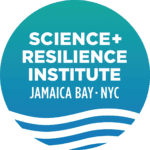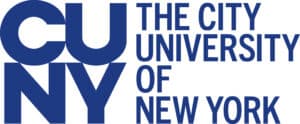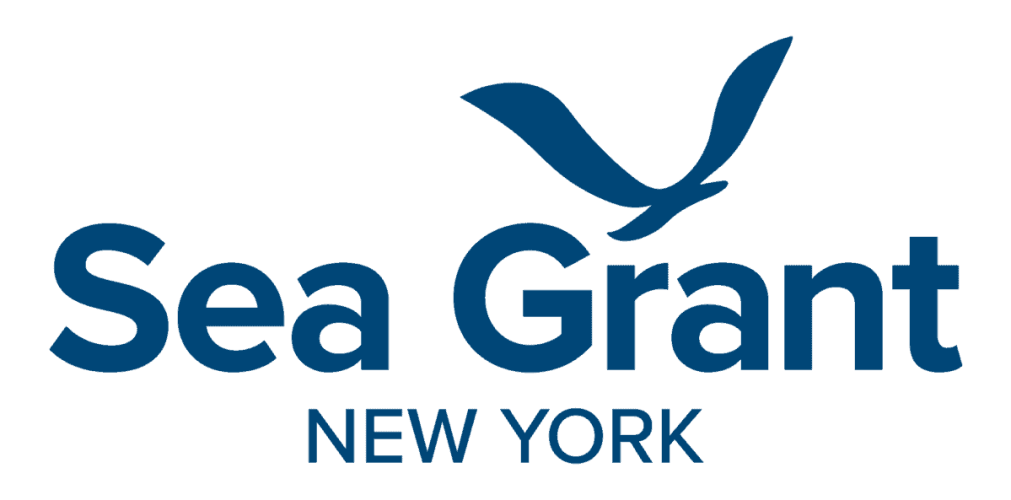One of the hottest summers on record has ended, but for many New Yorkers the harmful health effects of climate change-induced extreme heat will linger on. This is especially true for New York City Housing Authority (NYCHA) residents, most of whom are low-income, low-resourced, and already suffering from chronic health conditions exacerbated by poverty and discrimination. The Science and Resilience Institute at Jamaica Bay (SRIJB), through its fellow Kate Sullivan, has been researching extreme heat exposure experienced by NYCHA residents, particularly those in communities that surround Jamaica Bay.
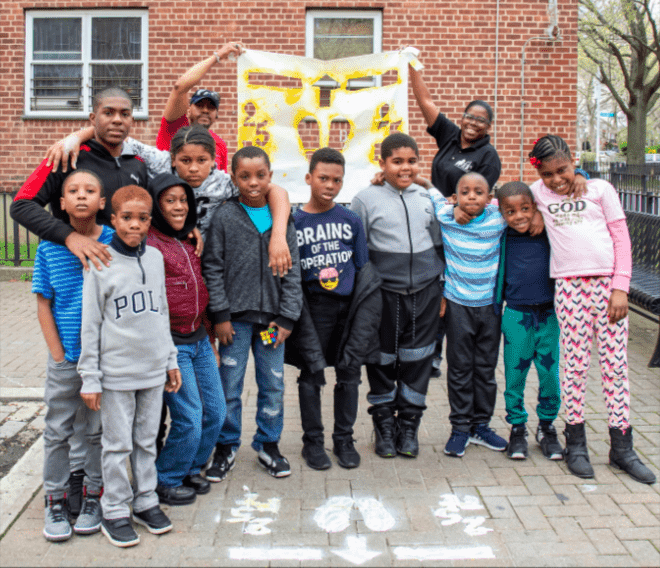
Heat waves are going to become more frequent and intense as climate change worsens. The New York City Panel on Climate Change (NPCC) predicts that the number of days at or above 90F will be 35-46 by 2080, in comparison to today’s 11-25 days per year.
“This is particularly concerning for New York City residents who live in densely populated areas and lack access to air conditioning. We need to begin addressing these concerns now,” said Sullivan, who is a Master of Public Health candidate at CUNY School of Public Health and Health Policy in the Environmental and Occupational Health Sciences program. Her fieldwork aims to assess the intersection of public health and climate resiliency, specifically the unexplored dimension of the geographic vulnerability of public housing residents to climate change hazards. This will entail a geospatial and statistical analysis of projected flood plain and heat surface temperature data for NYCHA developments. This assessment can help the city understand the impacts climate change will have on its public housing communities and develop recommendations to strengthen New York’s climate resiliency strategy.
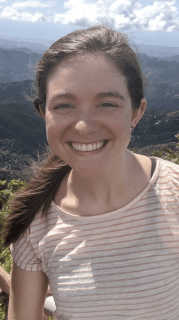
"Climate and health are inextricably linked. It’s important to ensure that vulnerable communities, such as NYCHA communities, can prepare and recover from adverse events. As climate change worsens, it’s more important than ever to protect NYCHA residents, who are often a forgotten population in New York City."
Kate Sullivan, CUNY Masters of Public Health Candidate 2021
From a public health perspective, health disparities and environmental injustices increase NYCHA residents’ vulnerability to chronic health diseases and other conditions (APHA, 2020). The people who live and work in NYCHA housing are exceptionally vulnerable to the effects of climate change for many reasons, including an exceptionally low household income ($24,503 as of Jan. 2021 in comparison to the city’s average of over $100,000), high proportion of aging residents (22% of residents are over 62 years old), and race and discrimination (90% of residents are non-white) (BLS, 2020; Furman Center, 2019; NYCHA, 2021). An assessment of NYCHA in Harlem found in 2015 that 54% of residents over 25 had diabetes and 29% had hypertension, respectively, as compared to 29% and 10.5%, respectively, citywide (DOHMH, 2016; Feinberg et al, 2015).
“Protecting human health is an important part of community resilience,” said Dr. Brett Branco, Executive Director of SRIJB. “Kate’s work is addressing an important knowledge gap about the impacts of heat on NYCHA residents. We are so happy to be working with the CUNY School of Public Health and Health Policy to raise awareness and understanding of this issue.”
